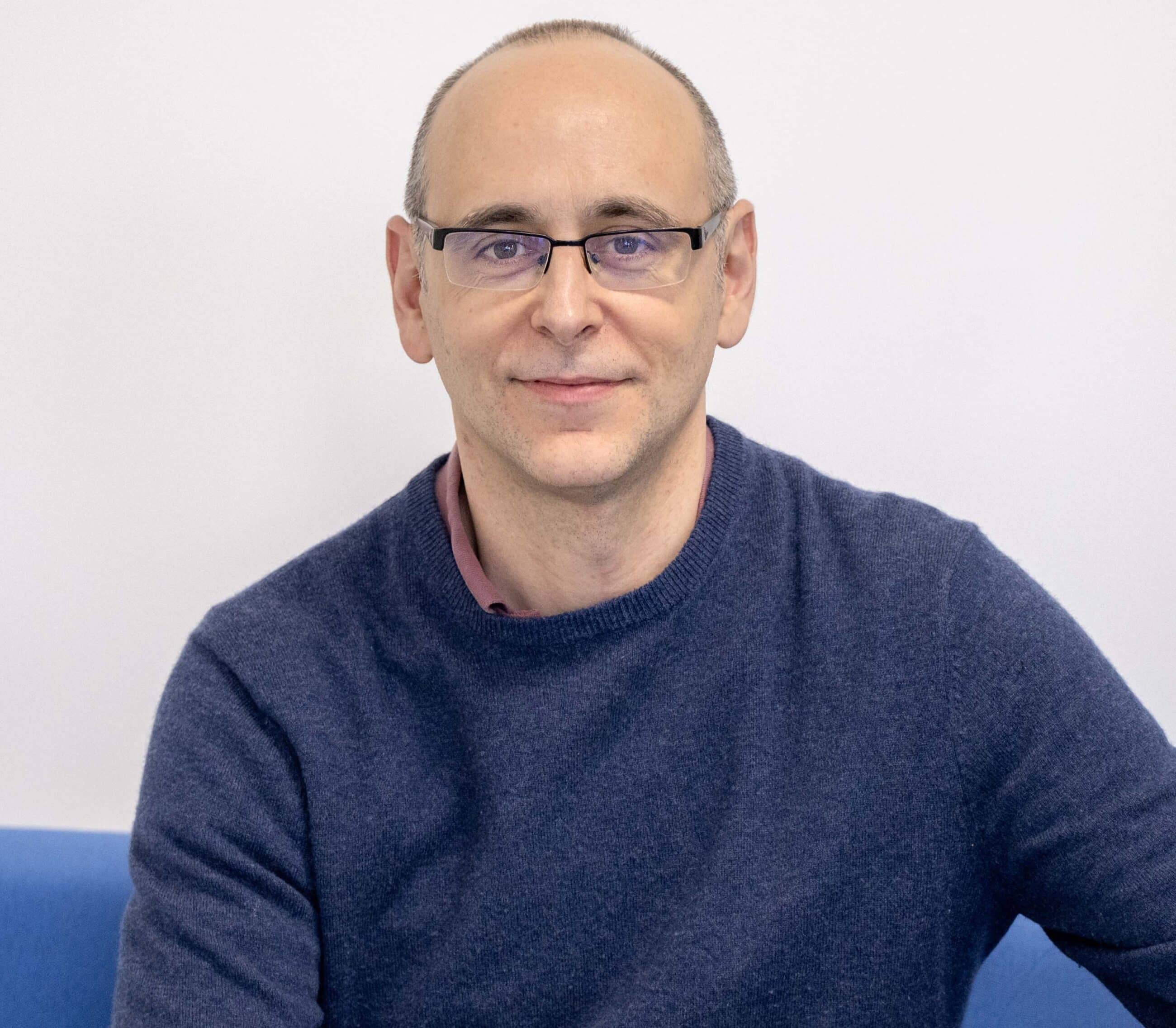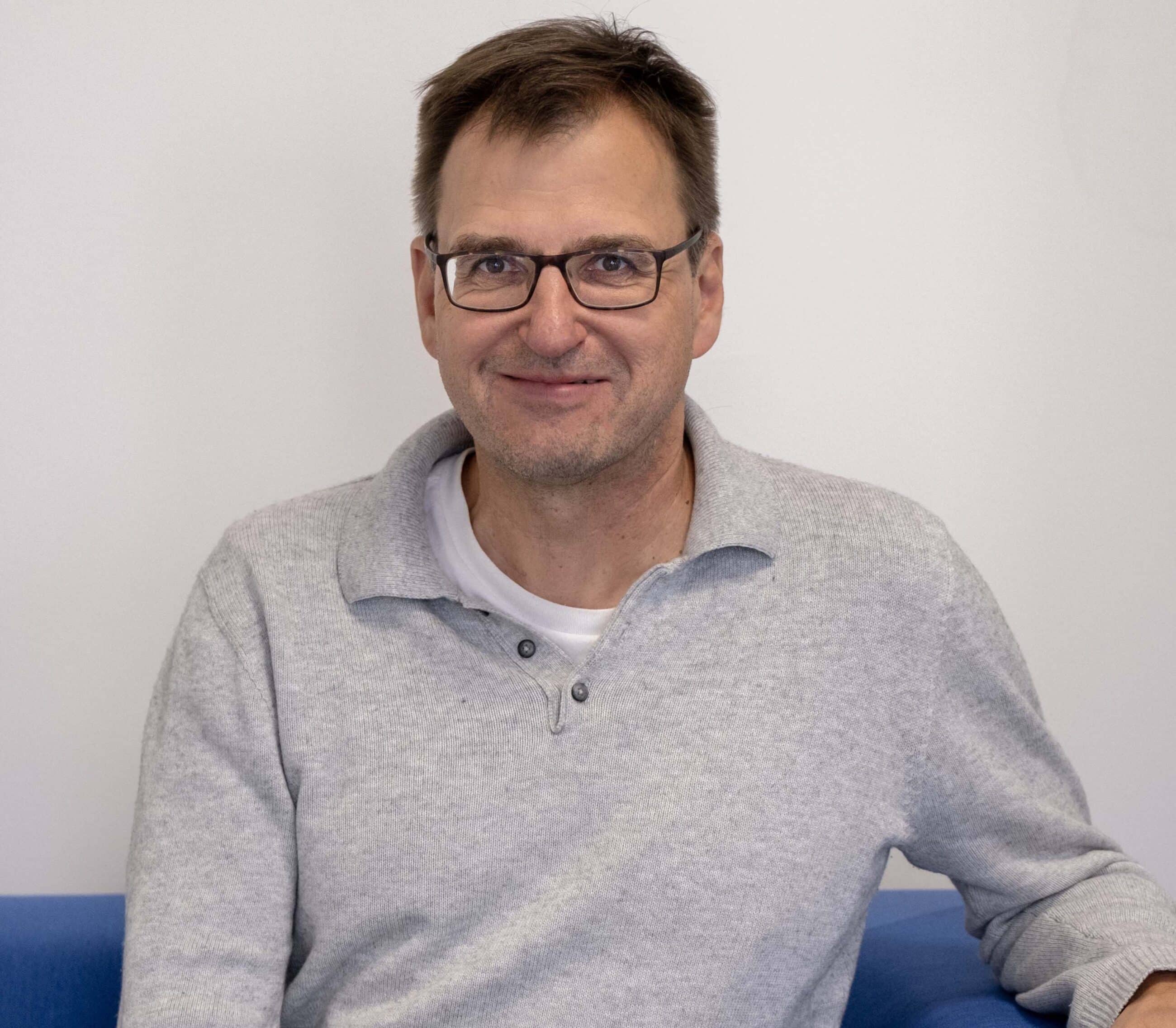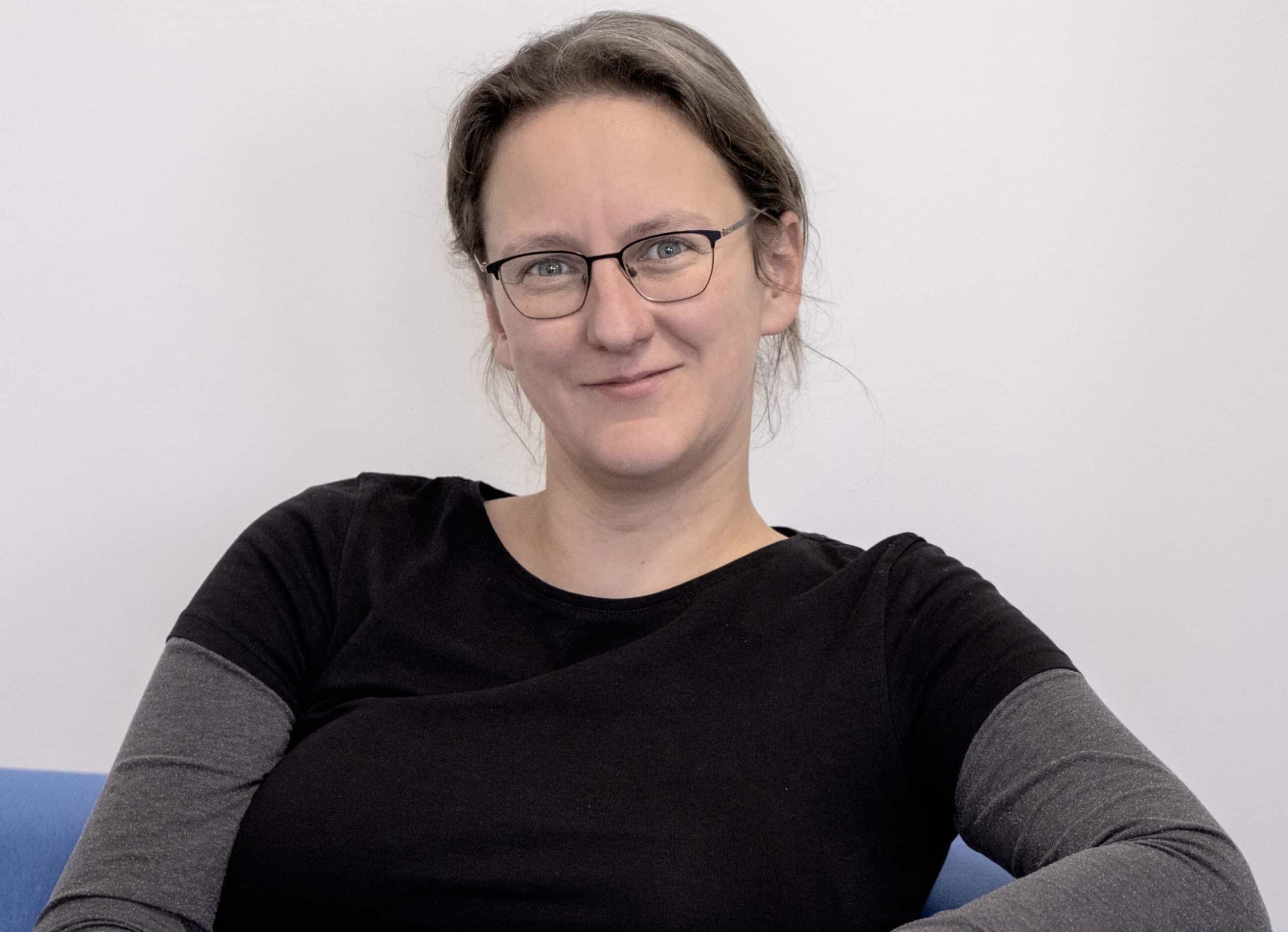Current Vacancies
The CTAO Central Organisation (CTAO gGmbH) is an equal opportunity employer. Applications are accepted without distinction on any grounds of gender, race, colour, ethnic or social origin, genetic features, language, religion or belief, political or any other opinion, membership of a national minority, gender identity, property, birth, disability, age or sexual orientation.
Read about the privacy policy for the personal data processing of
In addition to the staff vacancies, this page also offers CTAO Secondment, fellowship, internship and partner positions. Search current opportunities below.
Working at the CTAO
At the CTAO Central Organisation, we believe your success is tantamount to our success. We offer a company culture that embraces diversity, accommodates work-life balance and is steadfast in its values, creating an environment where our employees are challenged and can flourish every day.
What You’ll Do
The CTAO is entering a new phase of growth, heralding increased levels of support in the areas of infrastructure development and telescope assembly/integration/testing, with the associated organizational growth. We are increasing our recruiting efforts to support the start of major infrastructure development on our array sites. As a team member, you will be integral to this exciting and crucial phase of the Observatory’s development.
Where You’ll Work
We have four main duty station locations. Our headquarters, which is the home to our Director’s Office, Project Office and Administration services, is located in the beautiful, historical city of Bologna, Italy. If you join our Computing team, you will be stationed at our Science Data Management Centre in Zeuthen, Germany, which is just outside Berlin. Finally, for work concerning the development and construction on our array sites, you will be stationed on the island of La Palma in Spain’s Canary Islands or in Chile. Learn more about our facility locations here.
There is a high probability you will be asked to travel to these sites and beyond, depending on your position. And, of course, you will be given the opportunity to work from home as we have a remote work policy that provides our staff with some flexibility, depending on the position.
Who You’ll Work With
The CTAO is a high-visibility and high-priority, world-class research infrastructure with more than 10 countries actively participating as shareholders and more than 150 institutes from 25 countries taking part in the project. Because of this, we are attracting the best and the brightest from around the world to bring our vision to reality. Additionally, working for the CTAO gives you the opportunity to connect, collaborate and network with other high-visibility groups and professionals around the globe.
What We Offer
In addition to an attractive remuneration package, the CTAO believes in investing in the personal and professional development of its team members. To this end, we have developed a variety of initiatives to create a positive and safe working environment and to support our employees’ growth and well-being.
For permanent and temporary relocations induced by the CTAO, we provide a range of benefits to ease the transition of staff and their families to their new home.
To support the integration of our international staff, their partners and children, the International Allowance is intended to compensate for additional burdens that are necessarily associated with an international move and are usually not incurred by local citizens.
The CTAO supports its working parents by providing a subsidy to parents whose children are attending external childcare facilities until the children have entered primary school (usually around 0-6 years of age).
The CTAO believes in not only preparing you for the job you’re in but also the job you’re striving for in the future. We offer our staff internal and external continued education and training opportunities to help you develop your expertise and career.
The CTAO has a diverse group of highly-trained professionals with a wide range of specialties and skills. Several times a year, we invite different staff members to share their experience and skills with their colleagues through an online “Knowledge Sharing.” This initiative helps build team unity and understanding across the organization.
Taking care of our mental health is essential to our overall health and well-being. We provide short talks on the topic to raise awareness, offer support and remove the stigma that exists surrounding being open and honest about its effect on our work and lives.
Diversity, equity and inclusion are key values of the CTAO. To keep it at the forefront of what we do, we host different talks and events throughout the year to spur thought and discussion on how we can better understand and incorporate these values into our daily work and lives.
The CTAO Communications Department is highly active in promoting the CTAO and STEM to the local communities in which we operate. All CTAO staff are encouraged to participate in these outreach and education initiatives.
The Trusted Advisor is a trusted resource nominated by the CTAO staff that you can turn to for confidential help to raise issues or to resolve conflicts in the workplace.




